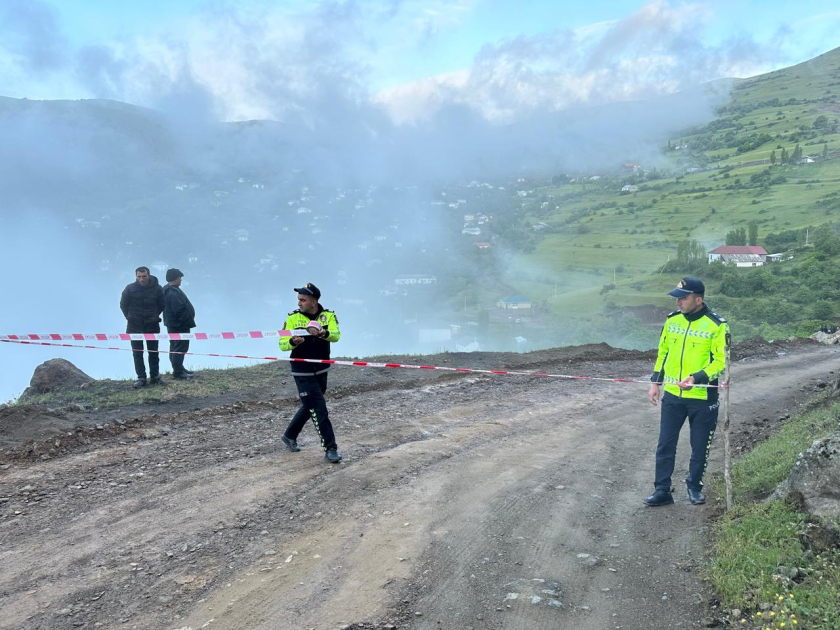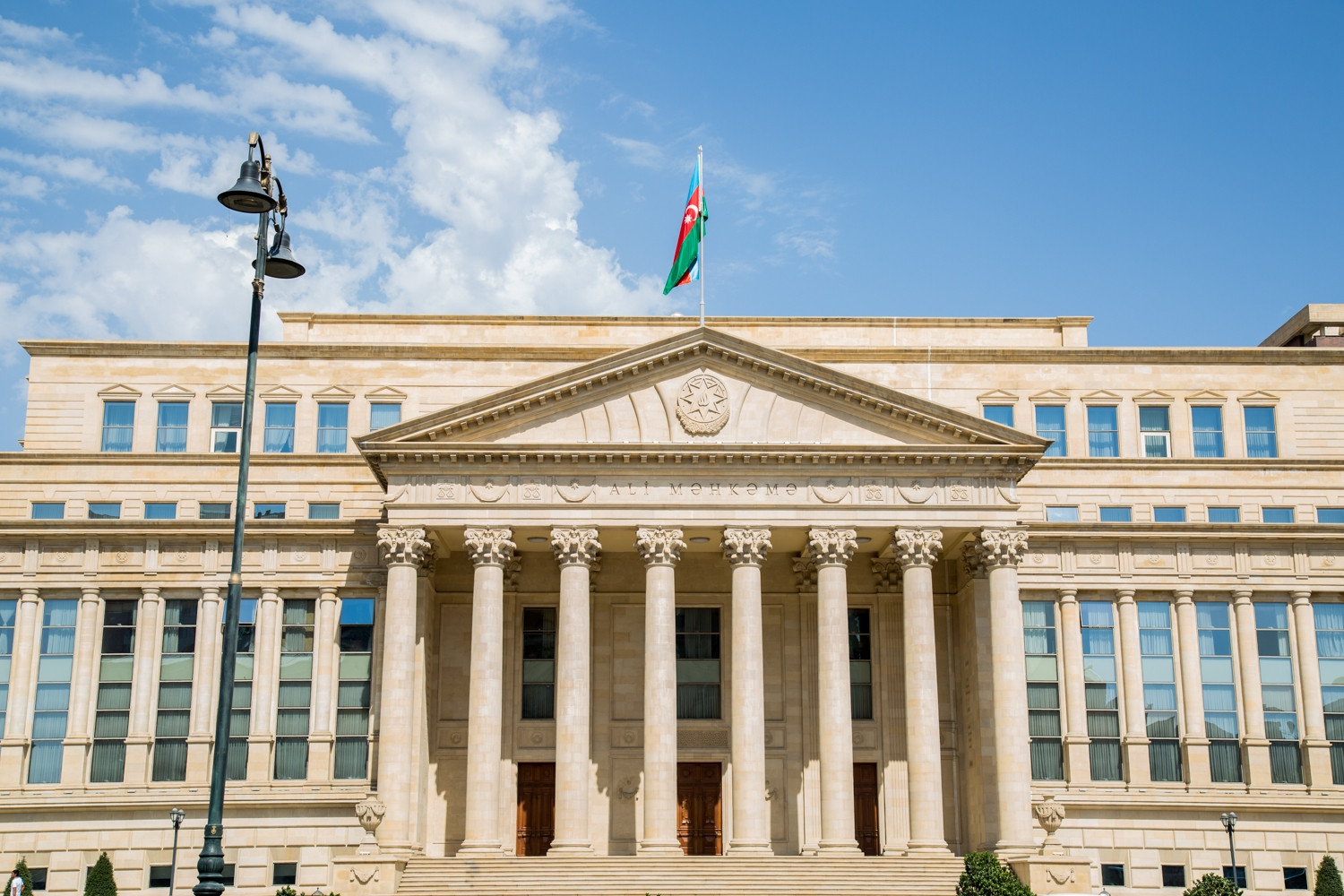How realistic is Astana's mediation? – OPINION
- Smartbee
- Report

Editor’s note: Kazakh political scientist, and professor of the Department of Media Communication and History of Kazakhstan at MUIT JSC Saken Mukan.
The foreign ministers of Azerbaijan and Armenia will meet in Almaty in the near future to discuss the terms of a peace treaty between the two countries. This initiative by Kazakhstan and its President Kassym-Jomart Tokayev could herald a new era in regional diplomacy, offering a unique opportunity to resolve a long-standing conflict.
The President of Kazakhstan expressed satisfaction with the fact that the parties agreed to meet and discuss the possibility of concluding a peace treaty. The choice of Almaty for the foreign ministers' meeting is significant, as it was here that the Alma-Ata Declaration was signed in 1991, marking the beginning of a new era in the history of post-Soviet states. Kazakhstan was chosen as the venue for the negotiations due to its neutral status and good relations with both countries, creating an ideal platform for open and honest dialogue.
Kazakhstan's experience in organizing international meetings and negotiations, including talks on the Syria conflict, demonstrates its ability to create an atmosphere of trust and understanding. As the organizer, Kazakhstan does not act as a mediator, but offers its services and resources to facilitate the negotiation process, which is crucial for creating a favourable environment for both sides.
Kazakhstan's role as the facilitator in this process is based on respect for the sovereignty and independence of the two countries, which is critically important for the success of the negotiations. Kazakhstan aims to create conditions where both parties can freely express their interests and positions without external pressure, fostering open and productive dialogue.
The symbolism of holding the negotiations in Almaty enhances the importance of this meeting. The Alma-Ata Declaration, signed here over 30 years ago, laid the foundation for the current relations between the member states of the Commonwealth of Independent States, including Azerbaijan and Armenia. Therefore, the choice of this city for negotiations is not only symbolic but also practical, highlighting the historical connection and the opportunity for a new beginning in relations between the two countries.
Tokayev emphasized the importance of these negotiations not only for the two countries but for the entire region. Stability in the South Caucasus is extremely important for the entire region, and successful negotiations can contribute to long-term peace and prosperity. This is particularly significant in the context of economic development and security, where each country strives for sustainable growth and for the protection of its borders.
The peace settlement process also opens doors for economic and cultural cooperation between Azerbaijan and Armenia, which could lead to improved relations between the peoples. The agreement to hold negotiations and the choice of Kazakhstan as the venue reflect the parties' desire to seek peaceful solutions through dialogue and understanding, marking a significant step forward compared to previous years of tension and conflict.
Kazakhstan, with its strategic position and policy of multilateral cooperation, sees this process not only as an opportunity to strengthen regional stability but also to deepen its economic and political ties with both countries. The success of the negotiations could enhance Kazakhstan's role as a key player capable of facilitating peaceful settlements and dialogue in the region.
Bütün xəbərləri reklamsız oxumaq üçün qeydiyyatdan keç və ya login ol. Günlük ölkədə baş verən xəbərləri bizdən izlə.





.jpg)














